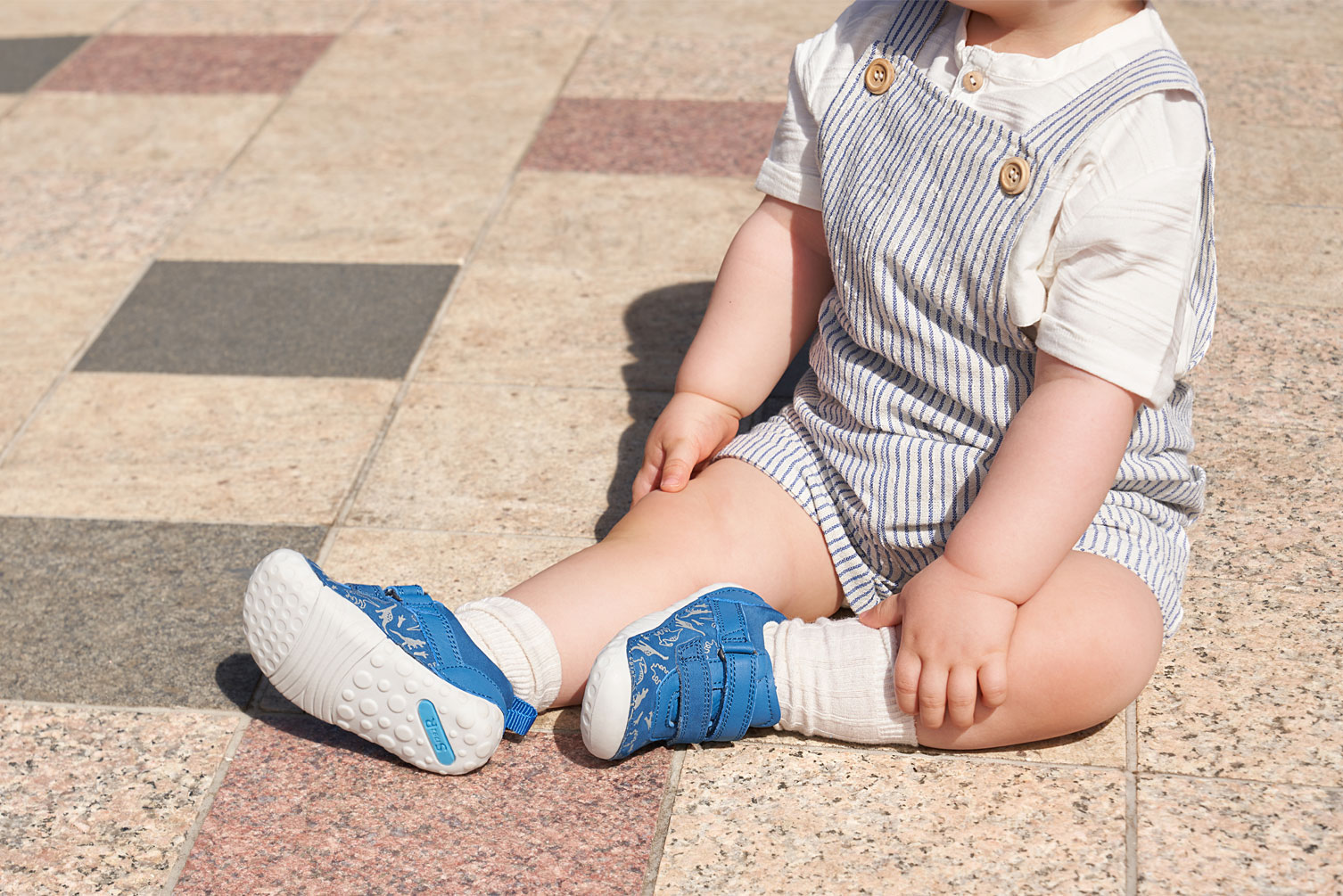
Growth spurts are a wonderful sign that your baby is developing naturally, and while each baby will reach these milestones in their own individual time, they will mostly all exhibit a change in behaviour while going through a growth spurt. This is perfectly normal, but it can be concerning if you’re not expecting it.
A baby growth spurt will last a few days and during this time, they can become more unsettled during the day and at nap times. They may also need to eat a little more and may well need more cuddles and reassurance than normal. They are likely to sleep less at night as they will be woken more often with hunger. All of this is perfectly normal and manageable and it’s important for parents to not worry. You might want to read our blog: 'Does everyone have a growth spurt?’ for more information and reassurance. Little ones will want to eat more during these growth spurts and will settle back into their more normal pattern within a few days.
Growth spurts are referred to by the medical profession as when a baby goes through intense physical development. Growth spurts happen during the first two to three weeks from birth after the initial stabilising of their weight, and then roughly around weeks six, 12, 16 and 24. Read more about growth spurts in this blog: 'When do babies have growth spurts’.
‘Leaps’ are another phrase you might hear people talk about and a leap is commonly associated with cognitive understanding. These are associated with a baby’s development in three-month cycles. The cognitive development at 3 to 6 months is markedly different from the earlier months, where the baby is starting to develop its sense of the world around it and its relationship with the people closest to it.
It is not considered that a growth spurt is in any way painful for a baby. Although their behaviour might indicate they are in pain, the increased need for cuddles and comfort is more likely associated with the increase in hunger to feed the rapid growth they are experiencing. Crying is their way of communicating their needs at this very young age. They will wake more often when they are hungry and they want more comforting cuddles while they are busy absorbing all the nutrients from their food. As they are eating more, they will also need more winding. It’s an exciting time and parents can savour the increased need for closeness and affection. If your baby is continually unsettled and you are concerned that they might be in pain, then it is important to speak to your health visitor or doctor to share your concern.
Baby sleep is a very common concern amongst parents because when a baby is born it follows a very different pattern to its parents and will not automatically recognise that night-time is for sleeping. It can be an exhausting time for parents and just when you think you have cracked a routine, a baby will experience a growth spurt and it will feel that everything has been forgotten!
For an exhausted parent it’s a challenge, and it’s easy to doubt yourself rather than recognise that your baby might be experiencing a growth spurt. During this time, their sleep will be disrupted, or at least noticeably different to their normal routine. A baby might sleep more to cope with the growth spurt, or they might be more unsettled and sleep less. Most of this behaviour is associated with hunger and it’s important that parents don’t worry about how much they are feeding their child during this time of rapid growth. They will need more nutrients to help their little body grow so they will need to eat more. It’s all part of natural development and parents must try not to doubt themselves during these exciting periods of change.
Author: Vista, published 03-05-2023.